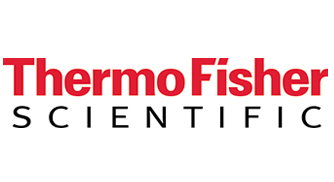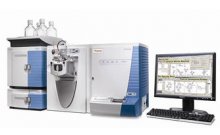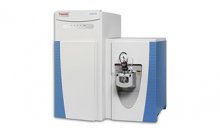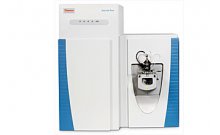数据依赖LC/MSn进行体外代谢物研究
前言:
An integral part of the process by which a new drug candidate is evaluated and characterized involves the investigation of its rates and routes of metabolism. Due to their convenience, relative simplicity and reliability, in-vitro systems are used early in the drug discovery process to compare the biotransformation pathways across different species and to gain preliminary information on the metabolic routes to be expected in humans.
The current methodologies to characterize drug metabolites generally utilize LC/MS and LC/MS/MS, but frequently the data obtained is not sufficient to locate the site of metabolism on a candidate molecule. The Thermo Finnigan LCQ Series, with their ability to perform multi-stage MS fragmentation, offer MS3 and MS4 routinely during an HPLC run. These second and third order product ion spectra afford data that allow metabolite identification with greater specificity. An additional strength of the LCQ Series is their ability to perform automated Data-Dependent experiments. This means that the mass spectrometer makes real-time decisions about which MS experiment to perform based on the spectrum just acquired.
仪器:
结论:
With the use of Data-Dependent MS1/MS2/MS3 analyses seven metabolites of glyburide were structurally characterized within two LC/MS analyses. This approach not only afforded molecular weight, retention time, and structural information with greater specificity than LC/MS and LC/MS/MS using a triple quadrupole, but reduced the analysis time.




